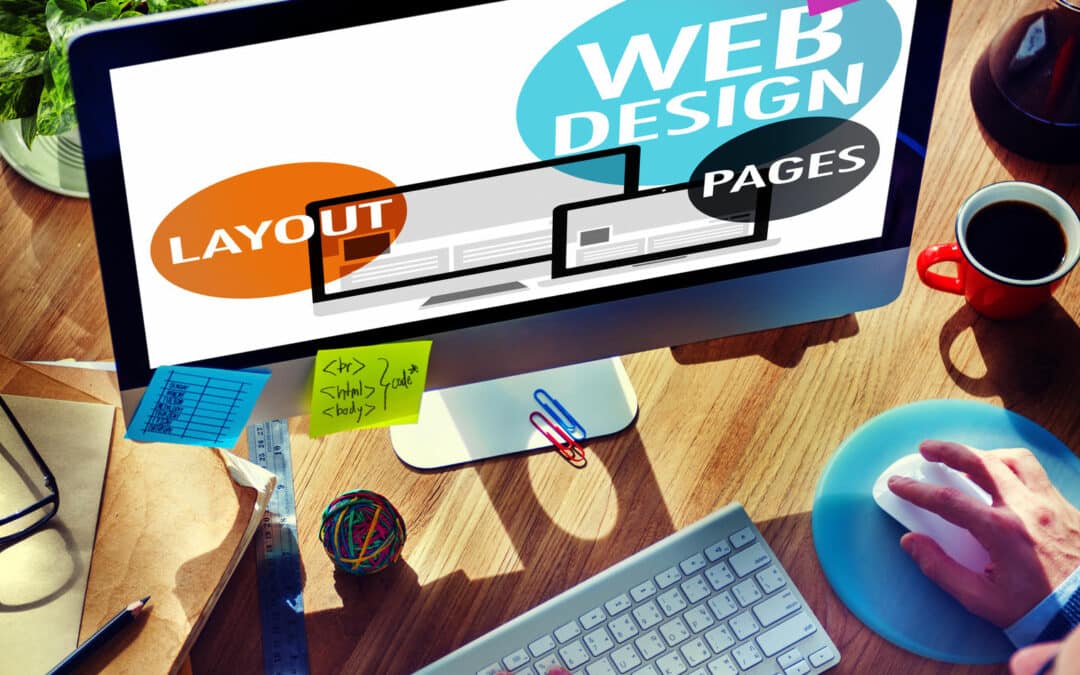We live in a do-it-yourself (DIY) era where technology has managed to make our lives much easier and has given us many great tools to make things happen at our convenience.
Setting up a website for your business is no exception.
Free content management systems such as WordPress, Weebly, Joomla and many more have opened the possibilities for designing, building and launching an attractive website on your own.
Nevertheless, the challenges that come with the increasing number of possibilities can be somewhat overwhelming. You need to plan ahead to keep the website you dreamed of becoming a nightmare.
Asking the right design questions in the beginning will definitely give you a head start.
Let’s consider some key aspects of web design that might help make the best of your efforts as you set out to get your website up and running.
1. Designing for functionality
One thing to think about when setting out to design your own website is how complex are your business needs and how dynamic is your online relationship with your clients.
What role and function will your website play in this relationship?
If your business and link to customers is fairly simple such as a one-way communication or an information website, a DIY website platform might do the job just fine.
However, you may want to design your website in such a way that your audience can easily take the step from being a passive receiver into becoming an engaged client just by pushing a key. Or you may want to do more strategic things like implementing marketing automation tools that can automatically send customized emails or show specific ads to possible clients when they view certain pages of your website.
If this is the case, seeking the assistance of a professional may be crucial to drive up your sales.
2. Stand out with good design
You have probably heard many times before, but first impressions can make or break a business deal or a shopping experience.
A well designed, visually appealing website should tap into your potential customers’ senses and emotions and will connect with them in meaningful ways. Your audience will be looking at your website from inside a context filled with options which come at them constantly.
You have a limited amount of time to make a strong first impression, one that stands out from all the others.
DIY website builders and templates usually have the advantage that a designer has created a base platform that works generally well. They may have even considered fundamental rules of design. These are useful for basic, information focused sites, however, the limited options may not offer you an image that is consistent with the branding you would like to establish or reinforce and a strong company identity might have to be sacrificed.
3. Designing takes time and time is money
Your business’ success is driven by your skills and expertise and you have, most likely, gotten to where you are because you have invested time and effort to think, plan and execute your ideas.
How much time are you prepared to put into building your own website?
Even building a website using a design template will requires that you invest time learning the basics, the language and the protocols as well as building it. If you’re starting from the beginning you can easily be looking at 20 – 30 hours to get something up and running, and perhaps much more time than that.
Before tackling the task of designing your site using a template or a site builder, evaluate how tech savvy you are (or can become) and assess if you can devote the time to the mission. If your time, knowledge and energy are best invested in running your business, it might be best to leave the design to the professionals.
In conclusion
While technology delivers the much desired power to create, making wrong decisions regarding our investment of time and resources can bring more challenges and frustration than actual results.
Do not miss an opportunity to make a strong, lasting impression which builds your company identity and that can bring in concrete numbers when it comes to sales and results.
Remember that ultimately, you know your business and its complexities better than anyone else. The decision to engage in the creation and design of a professional website will depend on your resources and vision for the future.
Don’t forget that you can always count on us for advice or for an assessment of your needs and possibilities.
Contact us at info@seethroughweb.com to talk about the best design strategies for your specific needs.
Still thinking about what makes sense for your business? Check out our article: Optimize Your Resources: Should You Design Your Own Website Or Hire A Professional?

